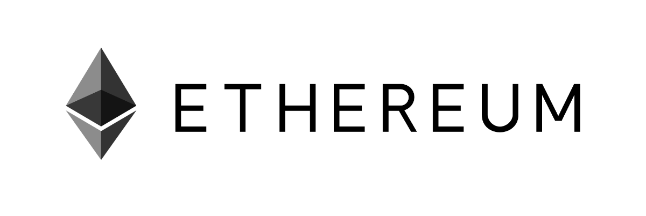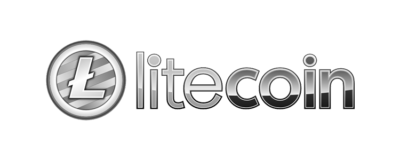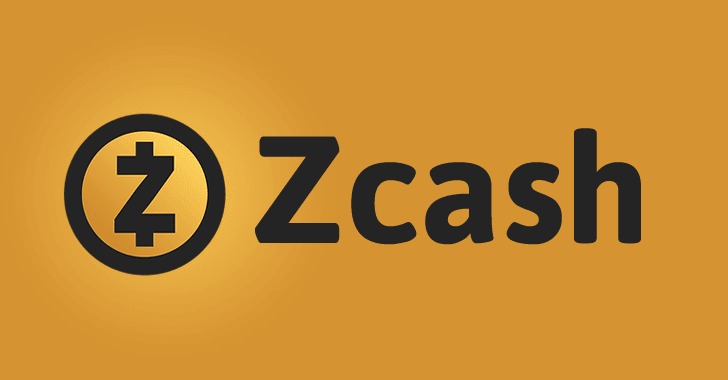1. Ethereum

Ethereum is a cutting-edge blockchain-based distributed computing platform, featuring smart contract functionality. It provides a decentralized virtual machine, the Ethereum Virtual Machine (EVM), that can execute peer-to-peer contracts using a crypto-fuel called Ether.
Ethereum is different than Bitcoin in that it allows for smart contracts which can be described as highly programmable digital money. Imagine automatically sending money from one person to another but only when a certain set of conditions are met. For example an individual wants to purchase a home from another person. Traditionally there are multiple third parties involved in the exchange including lawyers and escrow agents which makes the process unnecessarily slow and expensive. With Ethereum, a piece of code could automatically transfer the home ownership to the buyer and the funds to the seller after a deal is agreed upon without needing a third party to execute on their behalf.
2. Litecoin

Litecoin is a peer-to-peer Internet currency that enables instant, near-zero cost payments to anyone in the world. Litecoin is an open source, global payment network that is fully decentralized without any central authorities. Mathematics secures the network and empowers individuals to control their own finances. Litecoin features faster transaction confirmation times and improved storage efficiency than the leading math-based currency. With substantial industry support, trade volume and liquidity, Litecoin is a proven medium of commerce complementary to Bitcoin.
3. ZCash

Zcash leverages zero-knowledge proof constructions called zk-SNARKs, which allow two users to exchange information without revealing their identities. While the bitcoin blockchain contains records of the participants in a transaction, as well as the amount involved, Zcash’s blockchain shows only that a transaction took place, not who was involved or what the amount was.
Zcash is the result of continuous efforts by developers to create cryptographic protocols that offer greater privacy. Zooko Wilcox has founded and served as CEO of both Zcash and the Zerocoin Electric Coin Company, which created a protocol named Zerocoin between 2013 and 2014.
4. Dash

Dash (formerly known as Darkcoin and XCoin) is an open source peer-to-peer cryptocurrency that aims to be the most user-friendly and most on-chain-scalable cryptocurrency in the world. On top of Bitcoin's feature set, it currently offers instant transactions (InstantSend),[ private transactions (PrivateSend) and operates a self-governing and self-funding model that enables the Dash network to pay individuals and businesses to perform work that adds value to the network. Dash's decentralized governance and budgeting system makes it a decentralized autonomous organization (DAO).
Unlike Bitcoin's single-tier network, where all jobs on the network are performed by miners, Dash utilizes a two-tier network. Certain network functions, such as creating new blocks, are handled by the miners. The second tier of the Dash network consists of "masternodes" which perform PrivateSend, InstantSend, and governance functions.
Masternodes require 1000 DASH as collateral to prevent sybil attacks. That collateral can be spent at any time, but doing so removes the associated masternode from the network. Because masternodes provide vital network functions, the block reward is split between miners and masternodes, with each group earning 45% of the block reward. The remaining 10% of each block reward funds the "budget" or "treasury" system.
Ethereum SHOULD be #1 but it seems to have this small problem called Vitalik Buterin. He's it's #1 FUDDER. Every time I turn around he's dismissing, subduing optimism and over complicating what should be simple issues with ICO's. Hence, Ethereum is stuck in a rut. I blame him 100% for this and most the altcoins that can be great ideas but since he basically called 90% of them crap it makes everyone think it's BTC or nothing. Just shut up and code Vitalik. And comb your f-in hair.